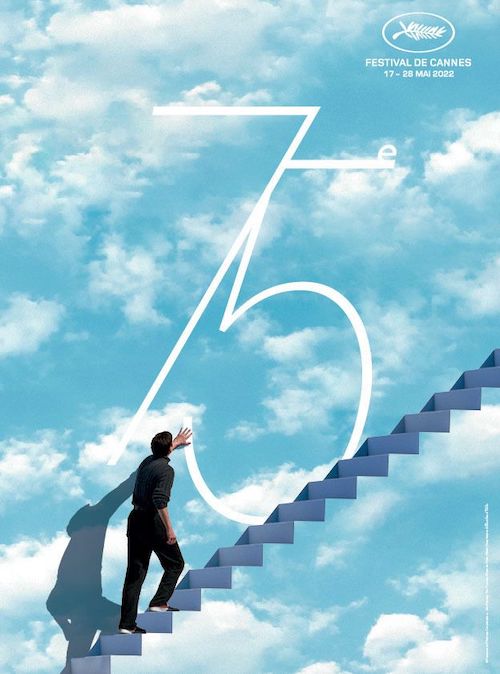Tchaïkovsky’s Wife

Antonina Miliukova first lays eyes on Pyotr Ilyich Tchaïkovsky at a mutual friend’s gathering and is instantly smitten with the way the famous composer carries himself. She asks to be introduced. She would like a place in his conservatory, but as he dismisses her with a callous, “What for? You’re better off getting married,” she forges a different plan. Thenceforth the young woman does everything in her power to become Mrs Tchaïkovskaya. She eventually succeeds, but the marriage is anything but what she expected it to be.
As this historical drama is based on the real musical genius’s much discussed private life, an intertitle informs the viewer of the discrimination women faced in 19th century Russia. Director Kirill Serebrennikov’s last film at Cannes, Petrov’s Flu, featured some rather sexist undertones, so this change in position comes as a bit of a surprise.
What connects both productions is the filmmaker’s love for wafting, almost psychedelic sequences that make the audience question whether they are really happening, or if they’re a character’s hallucination or dream. In Tchaïkovsky’s Wife these can be read as artful furnishings of Antonina’s wistful interior world. Her early correspondence with Pyotr is shown through shots of her reading his letters, without revealing to the audience what they say. Her sanguine smile is a rather treacherous element – in fact, her infatuation with the composer borders on erotomania, even as it is rather childlike in nature. She doesn’t seek a sexual relationship with her husband until well into their marriage, but that is when all hell breaks loose.
It is implied that homosexuality might be responsible for Tchaïkovsky’s inability to consummate the relationship, however (quite possibly due to the Kremlin’s anti-LGBT “propaganda” law) none of his scenes actually confirm his supposed interest in men. His absent desire could be rightfully interpreted as a lack of sexual attraction altogether.
While his character is not treated with any particular sympathy, this feature goes to show that non-heterosexual people – and this includes asexuals – have always existed in every part of the world, no matter how many people want to dismiss queer identities as a modern phenomenon – or, in the particular case of Russia, an affront to “national values”.
26-year-old Alyona Mikhailova is absolutely astonishing in her first lead role. She cleverly plugs the irrational holes of her character with a desperate loneliness and self-destructive fragility, but when Antonina’s insecurities come under attack from outside forces, she projects a delusional self-assurance onto their sham of a marriage.
Selina Sondermann
Tchaïkovsky’s Wife does not have a UK release date yet.
Read more reviews from our Cannes Film Festival 2022 coverage here.
For further information about the event visit the Cannes Film Festival website here.
Watch a clip from Tchaïkovsky’s Wife here:
























Facebook
Twitter
Instagram
YouTube
RSS